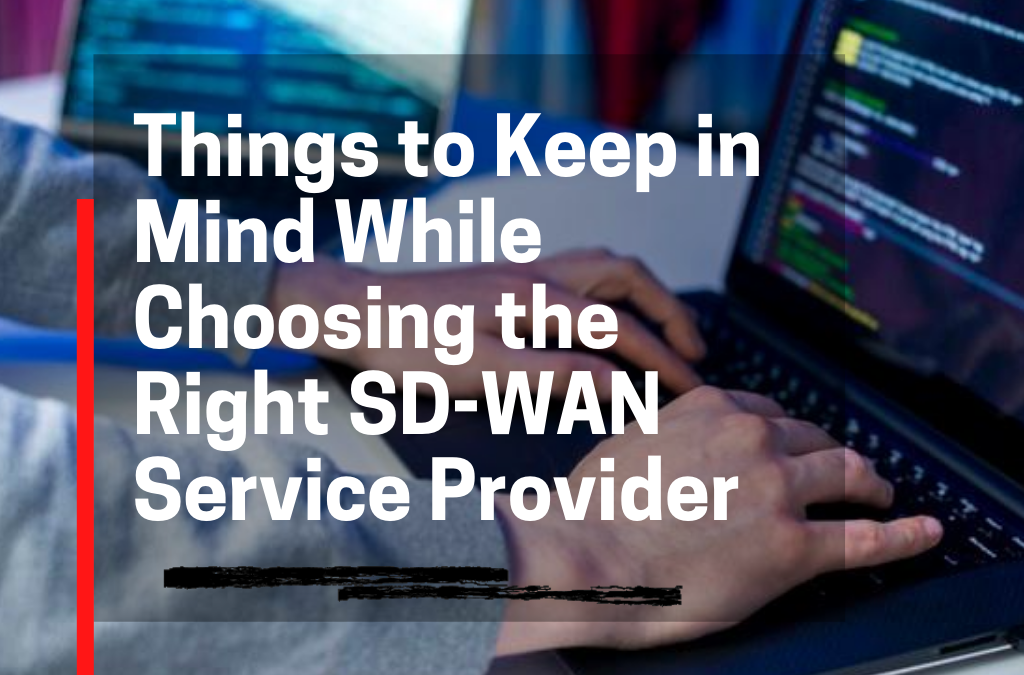CA recent study found that 73% of workers wanted flexible remote work choices to remain.
However, hybrid office conferencing can be challenging since you have to ensure that both in-person and remote participants have a similar experience. This requires the appropriate equipment, technology, and some careful planning.
Fortunately, as VoIP technology advances, Vivant now provides powerful hybrid conferencing solutions. The move to cloud computing has made previously unattainable options possible. As a result, now is a great time to revisit your business communications needs with Vivant.
Hybrid Cloud Phone Systems for Businesses
Business cloud phone systems, also known as system telephony, are an effective way to keep lines of communication open among team members. Vivant has a variety of options to meet your requirements.
AVoIP (Voice Over Internet Protocol) phone system is the most recent technological advancement to become the norm. They make digital voice calls over your internet connection rather than your traditional landline or mobile network.
It can be difficult to organize and run successful hybrid meetings. Nonetheless, it is possible, especially with the assistance of some key best practices. Here’s what you need to know to run successful hybrid meetings.
7 Tips For Successful Hybrid Office Conferencing
Tip #1: Understand How Your Business Communicates
You expect that your employees will make and receive phone calls. But how much of it is there? What other methods of communication do they use? The answers will differ depending on each worker’s role.
Your sales team’s calling patterns will be very different from those of your support reps, for example, and a full call center will have even more complex requirements.
Some business workflows rely heavily on add-on tools. These include:
- Call forwarding
- Automated call response
- Virtual receptionists
- Call transcription
Despite their name, few modern VoIP systems are limited to voice communication. For instance, you can anticipate them to offer text and video chat. Some of your staff members might never use these features, while others could be anxious to get them.
Spend some time getting to know the wants and needs of your staff.
Tip #2: Don’t Skimp on Consumer Products
Many of us turned to consumer video conferencing services shortly after pandemic restrictions went into effect. Some of the most popular for personal and professional use are Apple FaceTime, Skype, and Zoom.
However, you should resist the temptation to use “cheap” products as your primary business communication solution. These well-known services’ free clients have extremely limited features and reduce productivity.
It’s also more difficult to trust the security and dependability of a free service. Business VoIP systems can offer hidden benefits like auditing and call logging, which may be more useful than you think. Communication should never be compromised.
Tip#3: Be objective about the Reality of Today’s Network(s)
VoIP calls and other streaming media are more susceptible to unstable networks than online browsing. Virtually all VoIP calls for a remote workforce must, unfortunately, travel through a public internet connection. This is what the Wild West of networking looks like.
Today, you should expect that each worker will have unique network circumstances. They could be working from a coffee shop or they could have bought their router. Fortunately, a growing number of cities now provide high-speed home internet.
Consider paying for your employees’ home broadband at a firm-approved level of service to ensure greater consistency.
Tip #4: Take Security Seriously
Any web traffic that passes through an open public Internet can be intercepted by malicious actors, and VoIP traffic is no exception.
Today, most websites employ encrypted protocols. Therefore, you want to search for a VoIP system that automatically employs end-to-end encryption.
Your calls will still be susceptible to interruption by attackers. But because of the encryption, it is harder for them to listen in or “impersonate” calls.
Tip #5: Consider Cloud Vs. On-premises Options
The first VoIP systems were based on traditional PBX systems. The application was centrally maintained by your IT team and ran in your own data center. These systems are notorious for their high initial costs. They also tend to deteriorate when there are a lot of remote workers.
VoIP service providers such as Vivant are increasingly adopting a service model. That is, the system is entirely managed in the cloud. This means that the vendor handles almost all of the grunt work required to ensure dependability and call quality.
That’s why Vivant offers a 100% uptime guarantee on your phone and internet service! Updates to technology and features are also released more frequently and smoothly. And finally, call per-call charges are often lower with cloud-based services.
Tip #6: Make Mobility A Priority
When employees use stock mobile devices for business calls, they forfeit many VoIP system benefits. These include useful features like call logging and simple call transfers.
Most business VoIP systems nowadays include a mobile softphone app for Android and iOS devices. You should try to figure out how important these features are to different segments of your workforce.
Tip #7: Streamline Your Communications
Today’s employees and customers do more than just talking on the phone. The mix includes social media, text messaging, and video conferencing. These features are now being integrated into VoIP platforms. This is referred to as unified communications as a service (UCaaS).
True UCaaS platforms, such as Vivant, take multi-channel communications to the next level. Vivant integrates basic VoIP functionality with your company’s other software.
Making the Most of Hybrid Office Conferencing
If the last few years have taught us anything, it is that managing a large number of remote workers is not only feasible but also advantageous. To learn more about how businesses and employees can thrive in the hybrid office conferencing era, contact Vivant today.
Read the blog The Role of a Robust Phone System in Business Performance.




